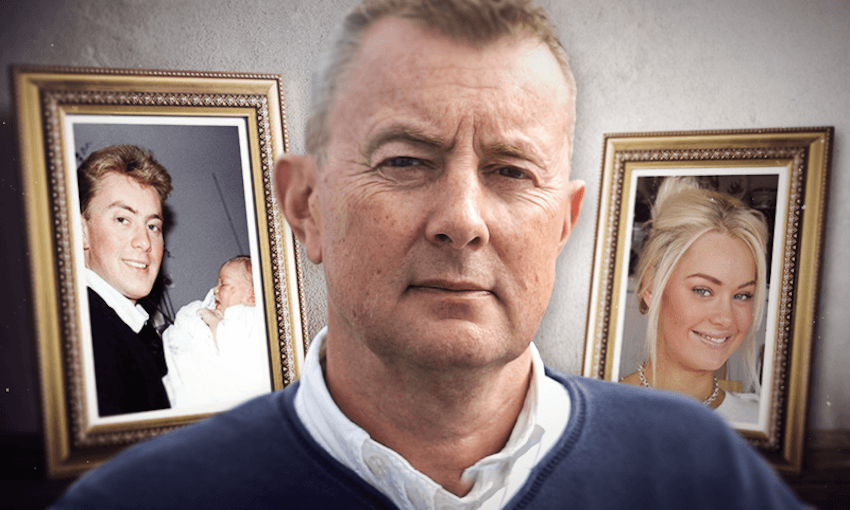Mark Longley on his new podcast Death and what inspired him to tackle one of our last taboos: what we do when someone dies.
This story was first published on Newshub.
I was at a social function about three months after my daughter Emily died and I was talking to a guy I knew, but not well. He asked me how I was, so I said fine, wondering if he knew what had happened.
Emily was murdered in the UK, and the story had been big news, and so I never could tell if people knew or not. If someone who didn’t know asked how I was, and I said, “Not good, my daughter has just died,” that’s a lot to drop on someone. So I would do what many bereaved people do, and would just say “fine” instead.
The conversation meandered around a few inconsequential topics, but I could see he was trying to say something but couldn’t. So I eventually asked him if he knew Emily had died.
“I did know,” he said. “I just didn’t know what to say.”
“That’s okay, it’s not an easy thing to bring up,” I replied, trying to counter his awkwardness.
This was not an isolated affair. Lots of people who knew me and knew what had happened said nothing because they “didn’t know what to say.”
And I get that – I have been guilty in the past of the same thing. But it struck me as odd. Why are we so awkward around death? Why do we find talking about death so hard? Why are we clumsy around people who are grieving?
We are all going to die, not all of us at a ripe old age, but it still remains a huge social taboo in many western societies.
I also wanted to help people deal with grief – not only grieving people, but the people around them. How do you help someone who is in the depths of grief?
I remember one day, very shortly after Emily died, going out to buy something from a shop. As I walked through the streets I couldn’t understand why everyone was going about their daily business as if nothing had happened.
Why weren’t they distraught like me? How could they be chatting in the street without a care in the world?
I felt cut off from humanity, yet craved the human touch. It was a paradox – if someone came near me I recoiled like a raw nerve being touched, but I wanted comfort. Yet people were awkward around me, with some preferring to ignore me rather than confront what had happened.
In Death: A podcast about love, grief and hope, I have spoken to people who have experienced grief, from losing a father to suicide to a grandmother 20 years ago whose loss is still keenly felt. I spoke to experts and colleagues and looked at both the process of grieving and helping those we know are mourning.
And here is the thing: death, for all its inevitability, sucks. It doesn’t matter if it is your daughter, your grandmother, your spouse or a relative, it sucks.
Yet it remains taboo in many societies, and I wanted to challenge that.
The podcast, called Death, is in three chapters, titled Death, Grief and Hope, because there is hope. There is a way through losing someone, even if that person made getting up in the morning worthwhile.
Death is going to come to us all, so this is a podcast for everyone, whether you are experiencing grief or know someone who is. We talk about death and loss, but also love and hope.
I loved Emily and when she died, I almost died too. But I found a way through and I hope this podcast will help anyone else who is grieving find their way through it.
Thank you to everyone who took part – it took courage to recount their experiences and I am very grateful to them.
Death: A podcast about love, grief and hope is available on Rova, iTunes, Spotify, SoundCloud, and all major podcast platforms.
